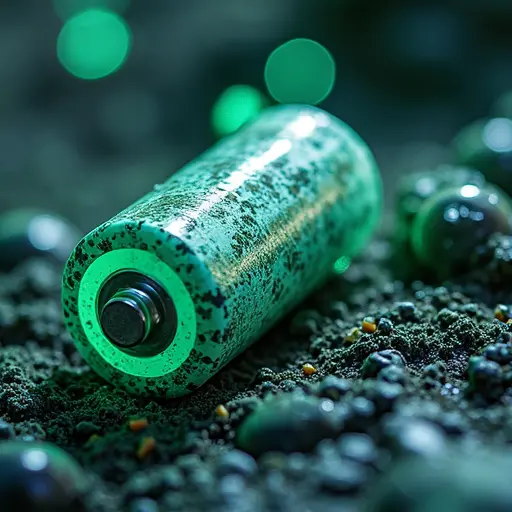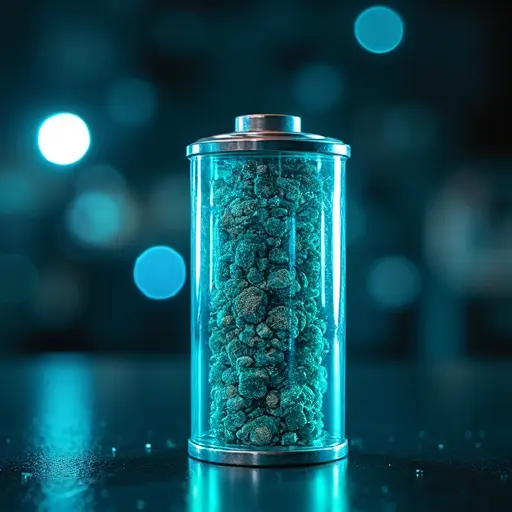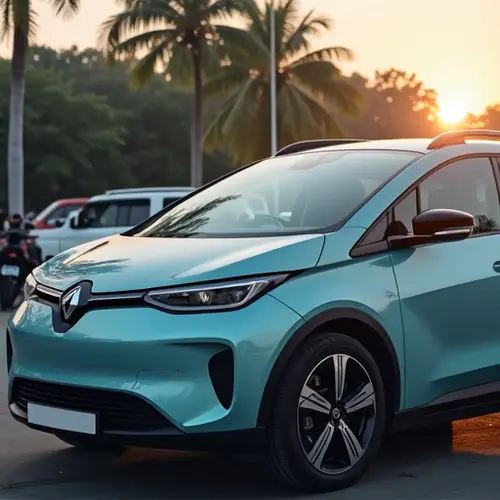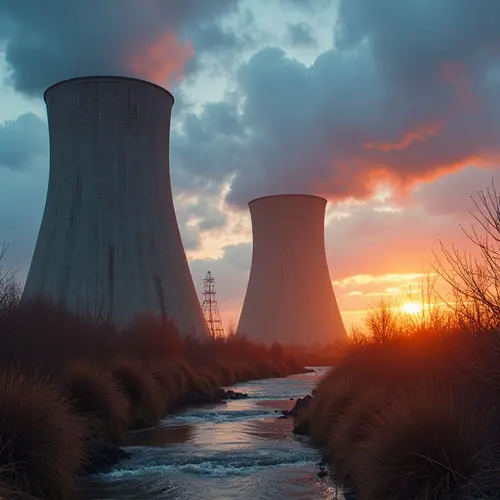
The Lithium Supply Challenge
With electric vehicle demand soaring, lithium shortages threaten the green energy transition. Mining new lithium causes environmental damage and geopolitical tensions. But startups are solving this through advanced battery recycling.
Innovative Recycling Breakthroughs
Companies like Redwood Materials and Li-Cycle use hydrometallurgy to recover 95% of battery materials. Their methods dissolve batteries in eco-friendly solutions to extract lithium, cobalt, and nickel. Unlike smelting, this cuts emissions by 75% and uses 90% less water.
Closed-Loop Supply Chains
Startups now partner with Tesla and Ford to create circular systems. Redwood Materials turns old EV batteries into new anode materials. Ascend Elements rebuilds cathode structures directly from recycled content. This reduces mining needs while making batteries 30% cheaper.
Economic and Environmental Impact
The battery recycling market will hit $24 billion by 2025. New EU regulations require batteries to contain 12% recycled lithium by 2030. Startups like Battery Resourcers use AI to sort battery chemistries, achieving 99% purity in recovered materials.
Global Expansion
Over 50 recycling plants launched worldwide in 2025. Li-Cycle's new Arizona facility processes 30,000 tons annually. These facilities create localized supply chains, reducing transport emissions and import dependencies.
This recycling revolution secures lithium supplies while making EVs truly sustainable. As startup CEO Jessica Garcia notes: "We're turning waste into the foundation of clean energy."

 Nederlands
Nederlands English
English Français
Français Deutsch
Deutsch Español
Español Português
Português







